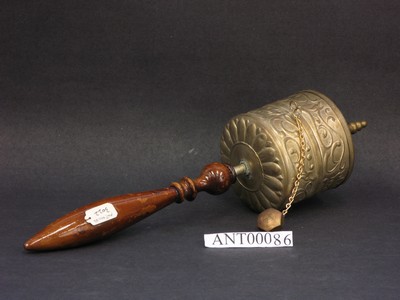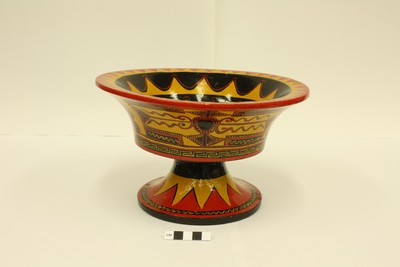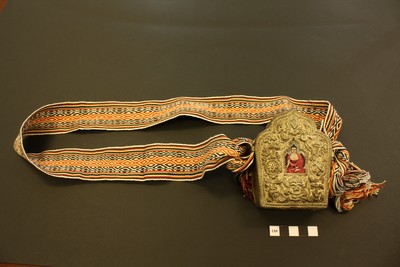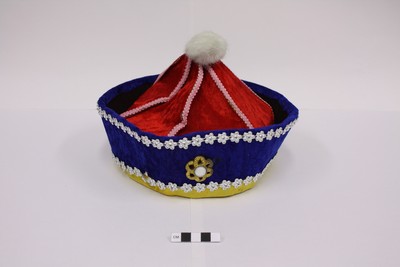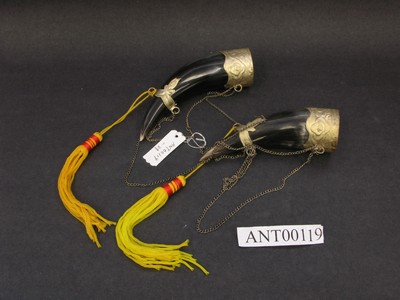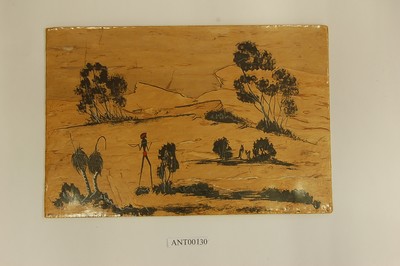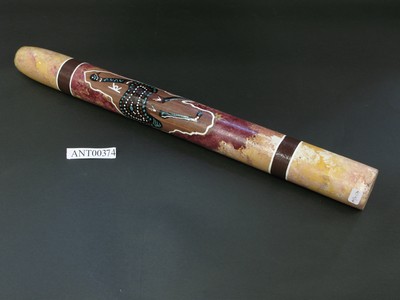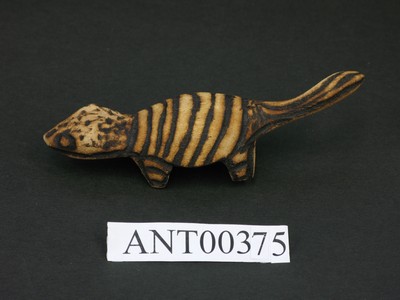PAST FeatuRES (2014)
Text: Lam Ka Lok
Edit: Prof. Maria Tam
The Department of Anthropology at CUHK carries out the summer field trip every year. The summer field trip aims at extending the study to other societies. To gain in-depth experience from other culture, the students are instructed to study in different topics, finish the research in small groups. With the guidance of the teachers and assistance from the teaching assistants and co-organising units, the students are allowed to practice the anthropological research methods, including conducting systematic observation, documentation and interviews in the field. After the trip, the students will also share the learning outcomes with the university community by analyzing the field findings, writing an study report and conducting an exhibition at the New Asia College Hui’s Gallery in the fall semester.
Fieldwork is the major research method in anthropology. Anthropologists use participant observation in the field to generate first hand information of informants’ lifestyle and socio-cultural behavior. To obtain a profound and holistic understanding of a culture, it takes an extended period of time, ranging from months to years, to complete a fieldwork.
Though the two-week-long summer field trip might not be sufficient for our students to conduct an in-depth survey for a society, it could develop the basic technique of the socio-cultural research. Other culture is like a mirror; it encourages the students to reflect on their own culture and society by acknowledging the differences. With the reflection, the students will keep an open mind and build up a new, objective understanding of themselves, the society and the world.
In the early days, the research targets were mainly ethnic minority societies in China. As the society starts to recognize the academic value and impact of the subject, there are more and more organisations are willing to make generous donations, including the Chinese University of Hong Kong New Asia College, the Hui Yeung Shing Memorial Foundation and the Lee Hysan Foundation. The students are able to visit farther urban and rural societies, including Australia, Japan, Malaysia, Taiwan, Thailand, Turkey and Vietnam. The diverse research topics include “Multiculturalism, Migration and Transnationalism in Australia”, “Japan – Cityscapes, Food Culture, Cultural Presentation and the Worlds of Youth”, “Vietnam – Socialism and Globalization” and “Nagoya, Japan – Knowledge Transfer”.
文: 林嘉洛
編輯: 譚少薇教授
中大人類學系每年舉辦為期兩週的暑期田野考察,把課堂延伸到香港以外的不同社會,讓同學獲取較深度的異文化經驗,就不同的主題進行研究實習。在老師指導下,同學們先在校分成小組,研習課題及完成研究計劃。到達考察地點後,由老師、助教與協辦單位共同帶領,同學通過系統觀察、記錄與訪談等人類學研究方法,進行實習。回港後,小組分析調查所得及撰寫報告,並在秋季開學後,於新亞書院許氏文化館舉行展覽,將所學與大學社區分享。
田野考察是人類學必要的研究方法。人類學者走進不同社會,親身體驗、訪談和觀察,以系統的記錄當地人們的生活方式和各種社會文化行為。人類學者對特定的社會或社區做研究,往往經年累月,以祈對該民族作深度的、全面的理解。
對本科生而言,十幾天的田野考察實習雖然未足以深入調查一個社會,但也可培養社會調查與文化研究的基本技巧。透過參與觀察,同學親身感受到不同文化之間的差異;通過比較,引發同學對自身文化及社會的反省。別人的文化就像一面鏡子,讓同學對自己、對社會、對世界產生一個嶄新、客觀及開闊的認識。
早年的田野考察地點以中國大陸少數民族地區為主。隨著人類學教研成果和學科價值為社會所認識,慷慨資助暑期田野考察的單位也有所增加,包括香港中文大學新亞書院、許讓成紀念基金、利希慎基金會等;而受惠同學也可以走得更遠。 我們所到考察地點,包括澳洲、日本、馬來西亞、台灣、泰國、土耳其及越南等多個城市與農村,研究主題涵蓋甚廣,例如「多元文化主義、遷移與跨國主義在澳洲」、「日本:都市、飲食文化、文化表述與青少年的世界」、「越南:社會主義與全球化」及「日本名古屋:知識傳承」等。
展品

